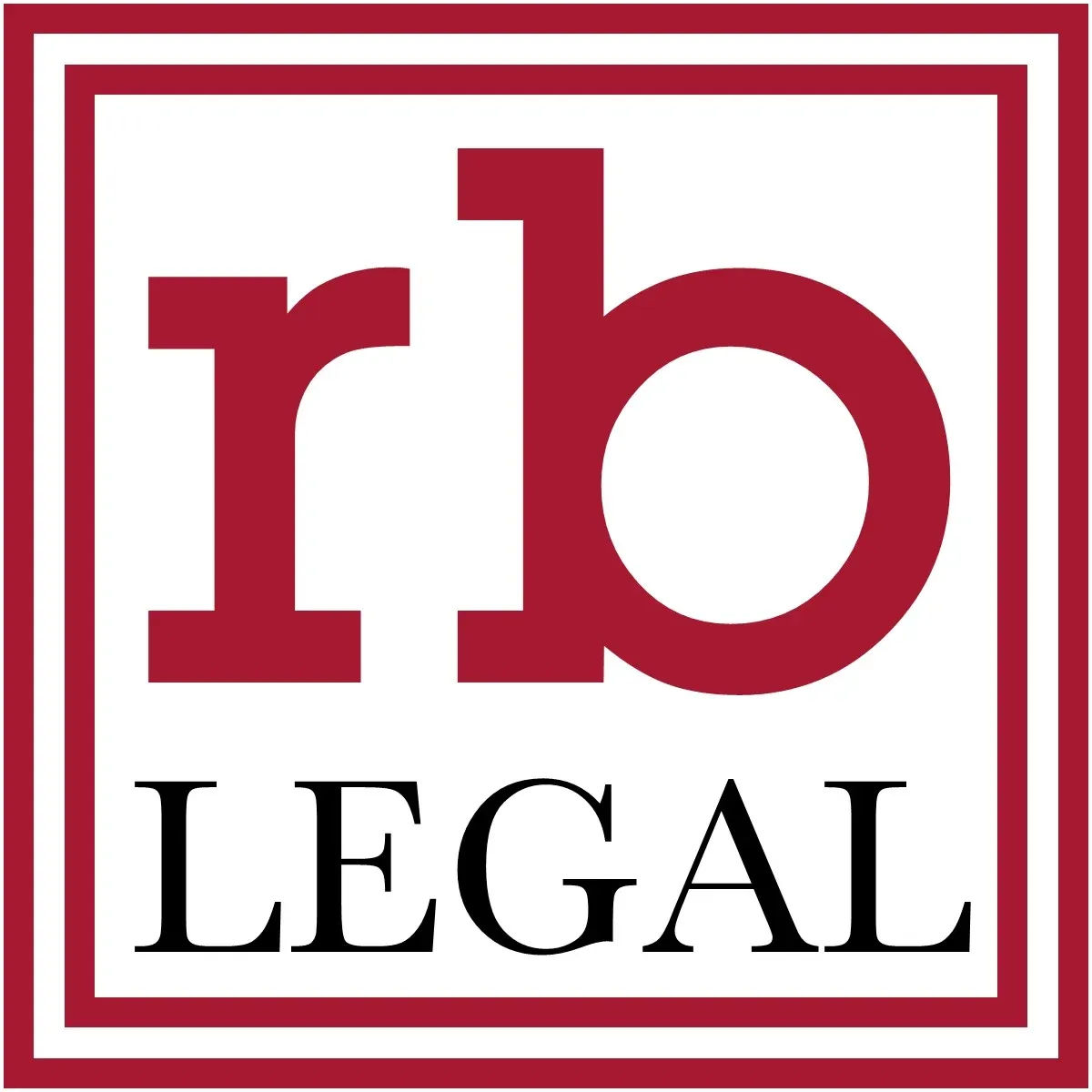A loved one recently passed away. When the will was read, you discovered that they have named you as the estate executor.
Unfortunately, you’re unsure exactly what type of obligations this is going to put on you or what you’re supposed to do next. How do you perform these duties and what is expected of you?
The executor administers the estate
The will tells you how the estate should be divided, but it is the executor who actually goes through it and administers the estate, following the instructions in that will. You are essentially in charge of making sure that everything happens properly. Examples of the specific duties you may have include:
- Paying taxes
- Settling debts
- Making an inventory of assets
- Protecting those assets until they can be distributed
- Making the necessary financial transfers
For instance, the will could state that there is $50,000 in a safe in the house that needs to be split between the two children. As the executor, it would be your job to go to the house to determine that this money really exists, and then you may have to take temporary ownership of it to ensure that someone else didn’t try to take 100%, rather than allowing it to be divided. As the estate moves through probate, you could split that money in half and give it to each of the heirs. However, you may also need to use that money to pay back any debts and taxes that the estate holds, so this generally has to happen before asset division.
The steps you need to take
Being the estate executor is important, but it can feel very complicated and somewhat overwhelming. Make sure you are well aware of all the steps that you need to take .
